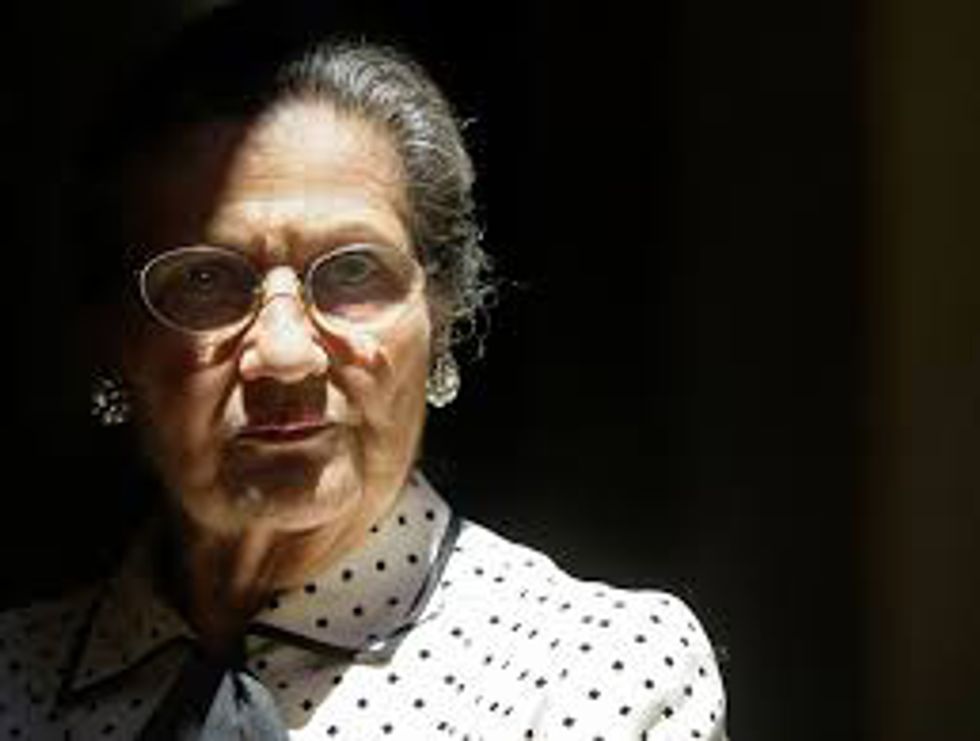PARIS — Simone Veil, a Holocaust survivor and former health minister who championed France's legalization of abortion, will be laid to rest in the Panthéon alongside dozens of the country's most revered figures, President Emmanuel Macron said on Wednesday.
The honor will make Ms. Veil, who died last week at 89, one of the few women placed in the Panthéon, which holds many of France's greatest politicians, scientists and writers.

Mr. Macron made the announcement at a ceremony in Paris that paid tribute to Ms. Veil with military honors. He praised her for making France "better and more beautiful."
"Just as you leave us, Madame, please receive the immense thanks of the French people to one of its much cherished children, whose example will never leave us," Mr. Macron said in front of Ms. Veil's coffin, which was draped with a French flag at the center of the Invalides courtyard.
Two of Ms. Veil's sons also spoke, praising their mother for her feminist and European values. The ceremony was attended by Holocaust survivors, politicians and dignitaries.
Several online petitions calling for Ms. Veil's placement in the Panthéon had gathered thousands of signatures since her death, with support from politicians across the spectrum. Opinion polls over the years have routinely showed that Ms. Veil was one of the most admired figures in France.
Mr. Macron said that Ms. Veil's family had agreed to the placement in the Panthéon and that she would be laid to rest with her husband, Antoine, who died in 2013. French presidents have the prerogative to name entrants to the Panthéon.
The vast majority of those laid to rest in the monument, which has an imposing dome overlooking the Fifth Arrondissement of Paris, are men.
They include Voltaire, the philosopher and author; Victor Hugo, the writer; and Jean Moulin, a leader of the French Resistance to the Nazis during World War II.
There have been calls over the last few years to include more women. Only four of the nearly 80 people there today are women.
In 1907, Sophie Berthelot was laid to rest alongside her husband, the chemist Marcellin Berthelot, but it was not until 1995 that a woman — Marie Curie, the renowned physicist — was placed there on her own merits.
Germaine Tillion and Geneviève de Gaulle-Anthonioz, two figures of the Resistance who survived the Ravensbrück concentration camp in northern Germany, were awarded the honor by former President François Hollande in 2014.
Ms. Veil was best known in France for championing a 1975 law that legalized abortion and that is often referred to as the "Veil law." She was also the first woman to be chosen as president of the European Parliament. Born to a Jewish family in Nice, she was deported during World War II but survived the Holocaust.
"This tribute is your ultimate victory on the death camps," Pierre-François Veil, a lawyer and one of Ms. Veil's three sons, said at the ceremony on Wednesday.
source. New York Times, July 6, 2017.
###
July 5, 2017

